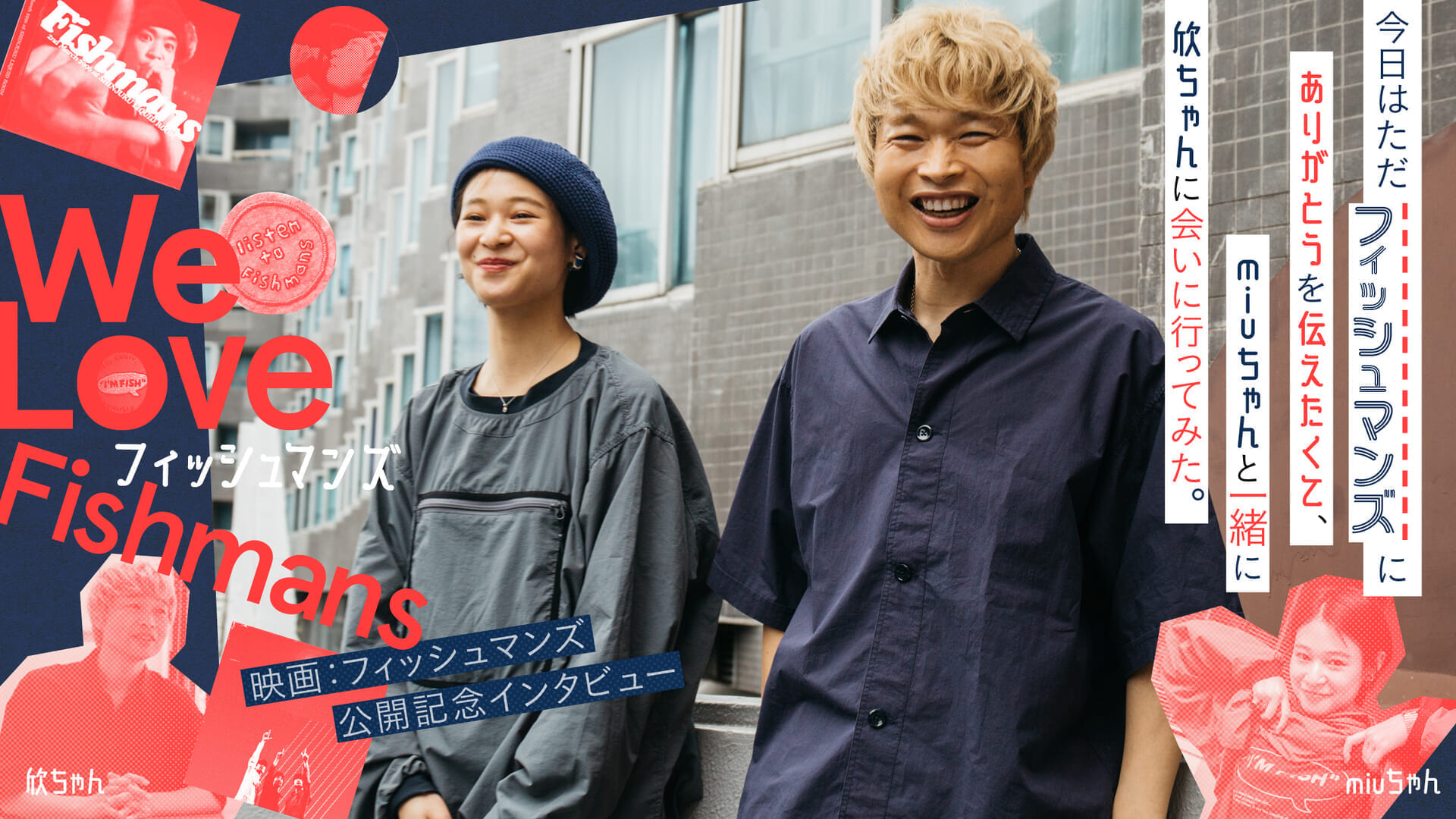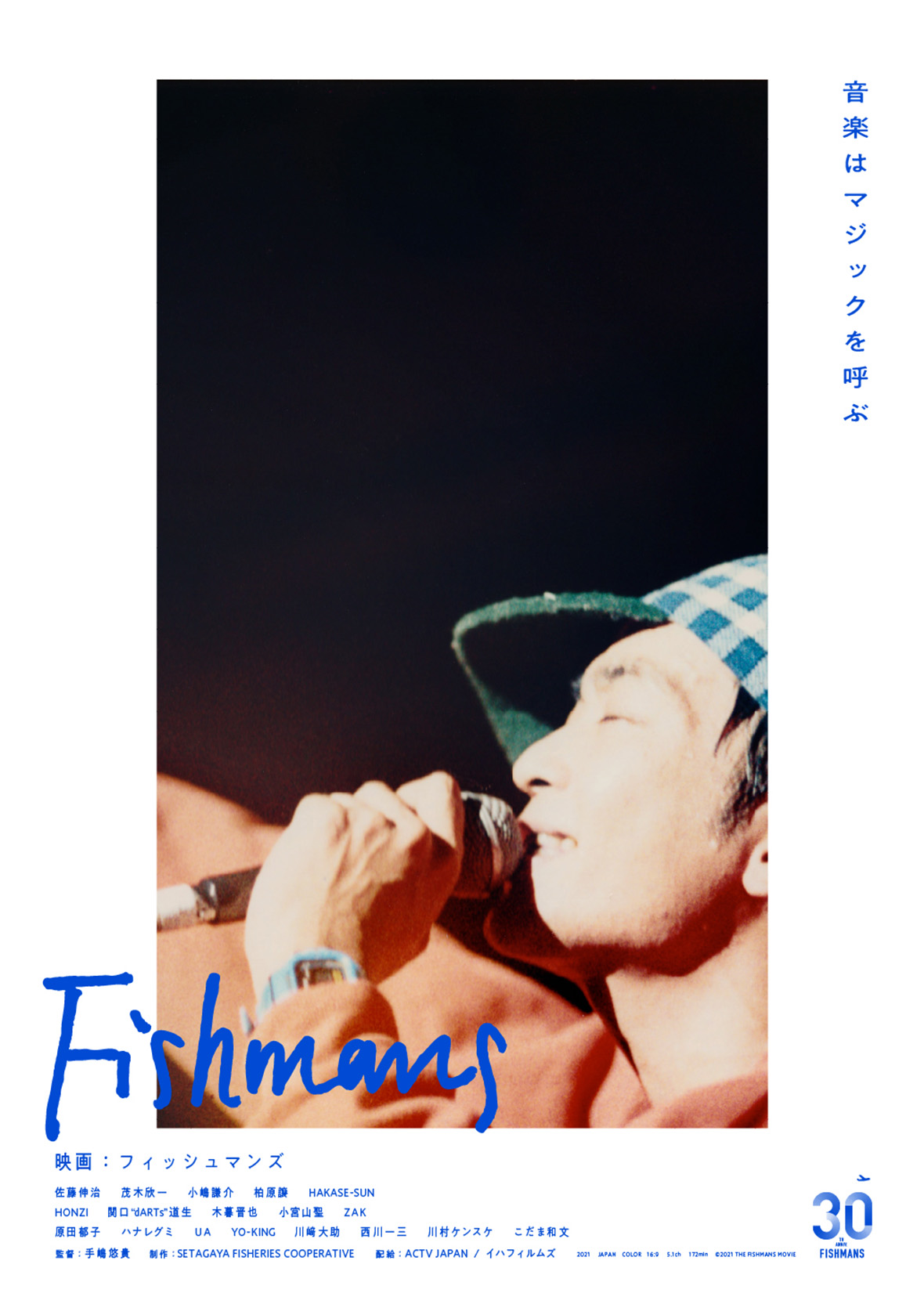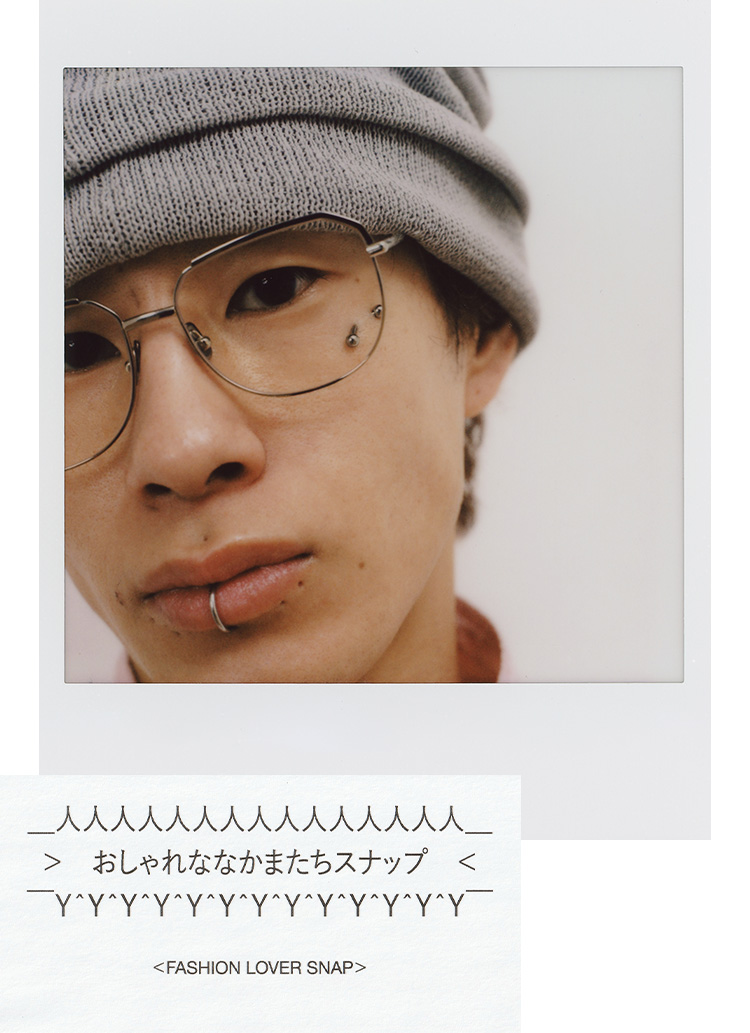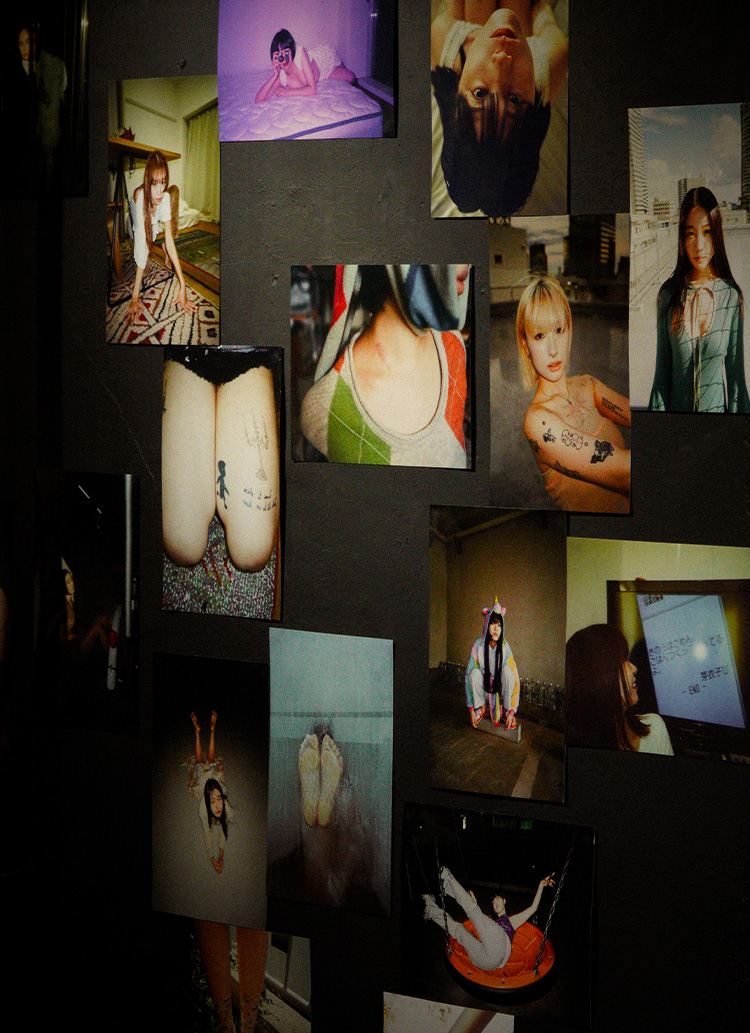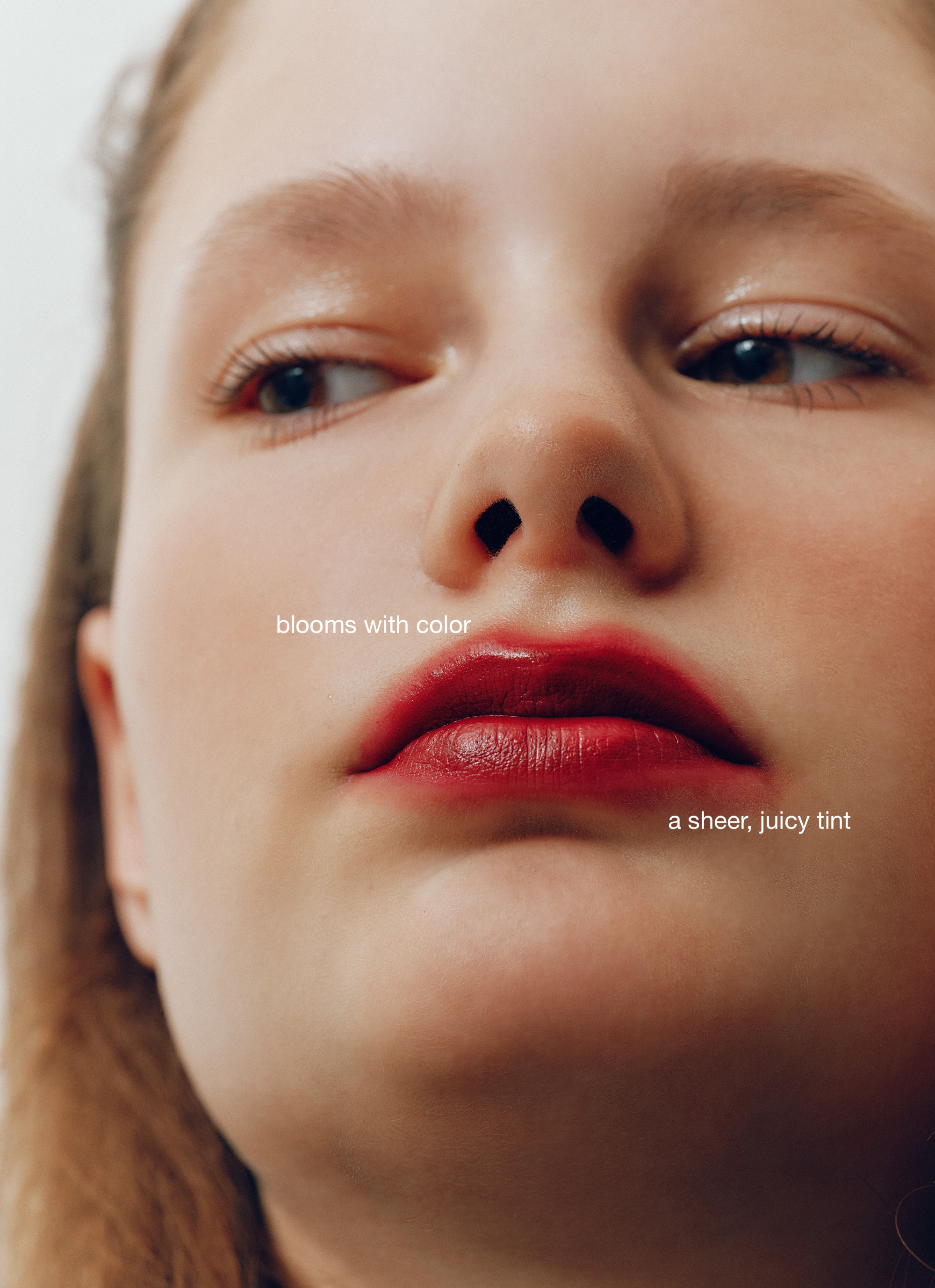. I wanted to put the situation of singing alone in my house on the board.

Now, let's sit down and talk slowly from here, and I asked MIU to think of some questions to ask you about what's on her mind.
MIU:Errr, what should I do . Which one should I ask ....... I know you both started the band out of mutual interest, but as you continued, were there any new things that arose or changed in the two of you?
Mogi:. I guess I gradually became more and more nervous. At first, I was happy to be in a band with a talented senior who was two years older than me. But as the quality of Sato's music kept changing, I began to wonder if I wasn't keeping up with the quality of his music. As the quality of Sato's music continued to change, I began to wonder if I wasn't keeping up with the quality of the songs, and I became more and more nervous. A band is full of fun and excitement up to the point of debut, but gradually, more and more of your sense of humor is being questioned.
What is required of you as a band is changing.
Mogi:As mentioned in the film, I really felt that the standards and what was expected of me were constantly rising. I remember I was very nervous especially during the year after "Just Thing". I wondered if I was able to properly respond to Sato's music. There was a long period of time when I felt that I was not good enough.

Mr. Mogi is not the only one who said that in the film.
Mogi:. because the speed of progress was really fast, Sato . If we were listeners, we could just say it's a good song, but it's up to us whether we can refine this song or not. . I realized that we were in a completely different season from when we first met. But Sato-kun never once said that it was completely different. Rather, it felt like the members were giving each other advice. When I look back and listen to the songs now, there are songs around the time of "Just Thing" that I feel I did not respond to at all. There were songs where I felt the drums were not enough.
MIU:One thing that struck me in the film was when Mr. Kodama said something like, "The various conflicts they have are creating more and more songs. Did you have such conflicts?
Mogi:. There was a lot of it, like when we were making "Chappie Don't Cry". After meeting Mr. Kodama, I worked selflessly on tracing all the songs into rock steady. I remember looking for hints from the cassette tapes that Kodama-san gave me and trying my best to broaden my approach all at once (......). (Laughs)
I was desperate, but the performance in "Chappie Don't Cry" is still very endearing to me. I am embarrassed to say that I was terrible at it, but it is filled with the love of doing the best I could for the ensemble. I think Sato was also very conflicted and realized for the first time that he wanted to sing for a single listener. I remember a story about how that didn't go well, and how he cried during an exchange with Kodama-san. Looking back on it now, I think that was the first step toward the "Camp in the Air" style.

When you opened your private studio, "Waikiki Beach Hawaii Studio".
Mogi:The recording environment had changed from a typical recording environment, and he was singing alone all day long in the daytime, with no one around to see him. I realized then, for the first time, that what Sato had been trying to achieve since his debut was to put on the record the situation of singing alone in his own house.
. At that time, you didn't show much of yourself singing, did you?
Mogi:When they finished singing, they would just leave a letter, and the rest of us would go out to listen to it at night. Is this okay? I was like, "Is this what you want? Even though the pitch of the vocals may be a little off or the vocals may not be technically good, that is not what Sato wanted to include in the song. I think he wanted to incorporate a part of Setagaya's everyday life into the recording. I think Sato is very satisfied with the way he sings "Camp in the Air".
As you did in the movie, you are very good at capturing the ordinary moments of daily life. Including the way you sing.
Mogi:Night Cruising" was the first song we recorded in a private studio, and at first the singing style was a little different. At first, the singing style was a little different. For "Camp in the Air," we recorded only the timing of sampled drums, which we called midi drums, because we were in an environment where we couldn't play live drums. The timing was physical, but the sound was hip-hop-like. . Even a single drum sound has a different resonance. That is one of the reasons why I wanted the song to have a different feeling.
. That's how you got the feeling of being alone when listening to Fishmans, wasn't it?
Mogi:He was all alone, and I think he was very thorough in that regard. . but it was done in a way that makes it sound very pleasant to listen to even when bathed in loud music. The song is sung in a minimalist world, but you can listen to it without worrying about the meaning of the lyrics.


